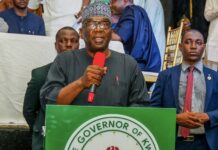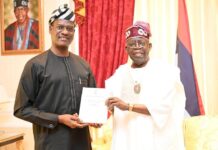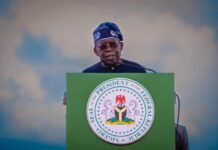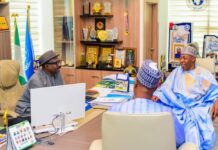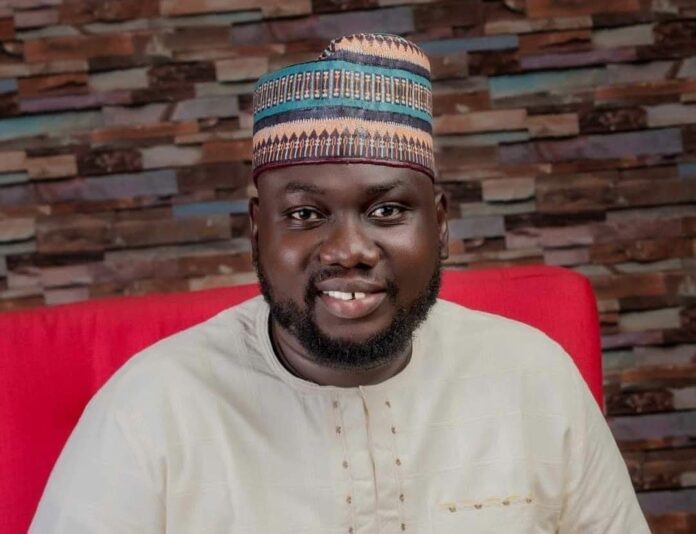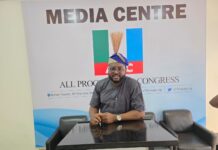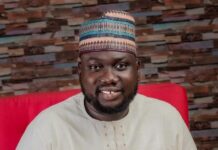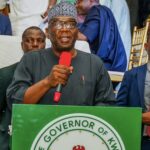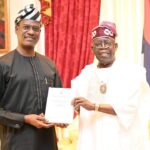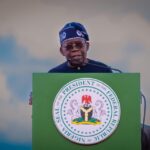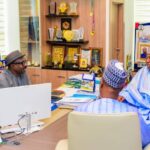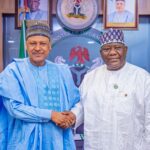Nigeria is a nation endowed with immense resources, both human and material. From its rich culture to its vibrant population, the country holds immense potential for greatness. However, despite our diversity and abundant opportunities, one factor that continuously threatens our progress is the divisiveness often fostered by political affiliations. Political differences are inevitable in any democratic society, but when they stand in the way of national progress, we must pause and reconsider our priorities.
To build a better Nigeria, it is essential that we rise above partisanship and work collectively toward a common goal: the development of our country. Political parties play a significant role in shaping government policies and determining the direction of national leadership. Yet, beyond the symbols, slogans, and alliances, all parties should share one common purpose—serving the best interests of Nigeria.
Too often, political affiliations have divided Nigerians, creating unnecessary tensions among communities and undermining our shared identity. Instead of focusing on the collective challenges we face—such as unemployment, insecurity, poverty, and poor infrastructure—partisan politics has become a distraction. Rivalries between political parties often lead to finger-pointing and blame games, diverting attention from meaningful governance and national progress.
This is not to say that political diversity is inherently harmful. On the contrary, a healthy democracy thrives on a multiplicity of views, allowing citizens to choose from competing ideas and policies. However, when these political differences morph into antagonism and hostility, they impede our ability to cooperate on issues that affect all Nigerians. Whether we belong to one party or another, we all face the same economic hardships, insecurity, and social challenges.
Nigeria’s most pressing challenges—security, economic stability, education, healthcare, and social cohesion—transcend party lines. The need for good governance, accountability, and transparency is something all Nigerians, regardless of political affiliation, can agree on. Addressing these problems requires a collective effort from citizens, government leaders, civil society, and businesses, regardless of party loyalty.
For instance, insecurity in the country does not discriminate based on political affiliation. Whether you support one party or another, the threat of terrorism, banditry, and kidnapping affects all regions. Similarly, economic hardship, inflation, and the lack of adequate infrastructure cut across state lines, ethnicities, and political loyalties. To effectively tackle these issues, we need to collaborate and share ideas, focusing on what works rather than which political party the solution comes from.
Political leaders bear a special responsibility in fostering unity and a sense of shared purpose. They must understand that their primary duty is to serve the nation, not just their party or personal ambitions. When in positions of power, their focus should be on policies that uplift Nigerians, regardless of political leaning, ethnicity, or region. In moments of crisis, such as natural disasters or economic downturns, leaders from different political backgrounds must come together, offering solutions based on merit rather than partisan bias.
Political debates should be centered on policies and development, not character assassination or tribal sentiments. While competition is an essential aspect of democracy, it must not descend into divisiveness or hatred. Leaders must work to bridge gaps and encourage their followers to see beyond party colors and slogans, focusing instead on Nigeria’s overall well-being.
While leaders play a crucial role, ordinary Nigerians also have a responsibility to transcend political divisions. In our day-to-day lives, we can contribute to national development by actively participating in our communities, holding our leaders accountable, and supporting initiatives that aim to improve the lives of all Nigerians.
In a democracy, citizens have the power to shape the future through their votes and civic engagement. But voting should not be based solely on party loyalty or regional affiliations. It should be driven by the desire to elect leaders who genuinely care about Nigeria’s progress and who have the capacity to implement sound policies. Similarly, political discussions, both online and offline, should focus on the issues that matter most, rather than fueling hostility.
As we work to build a more united country, it is important to remember that Nigeria’s success or failure affects us all. The insecurity in the north, the economic challenges in the south, or the infrastructural gaps in the east and west are national problems, not the problems of one party or region. By viewing these challenges through a lens of collective responsibility, we can better understand the urgency of working together.
Nigeria’s strength lies in its diversity. With over 250 ethnic groups and multiple languages, we are a nation rich in culture and tradition. Political differences should reflect this diversity of ideas, not divide us further. By embracing inclusivity and open-mindedness, we can leverage the best ideas, regardless of their political origin, to create a better future for all Nigerians.
To make Nigeria better, we must acknowledge that no one group, party, or region has all the answers. We must listen to each other, share solutions, and work in the spirit of cooperation. This requires maturity from both political leaders and citizens, as well as a genuine commitment to national progress above individual or partisan interests.
In the journey toward a better Nigeria, political affiliations should not stand in the way of national development. While political diversity is a vital part of democracy, it must be channeled toward constructive debate and collaboration. Let us focus on what unites us as Nigerians—the desire for a better future, improved living conditions, and a nation we can all be proud of. By working together, irrespective of our political affiliations, we can overcome our challenges and realize Nigeria’s full potential.
After all, we are all Nigerians first. Let us build our nation, together.
- Prince Adekunle Oyedepo, Founder of The Adekunle Oyedepo Foundation writes from the United Kingdom.






